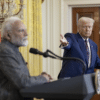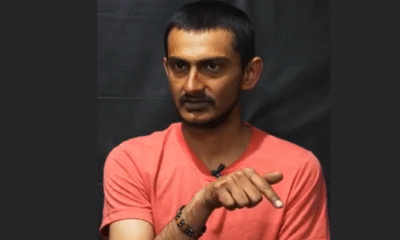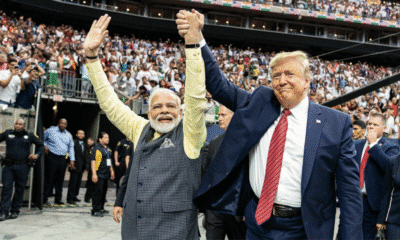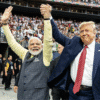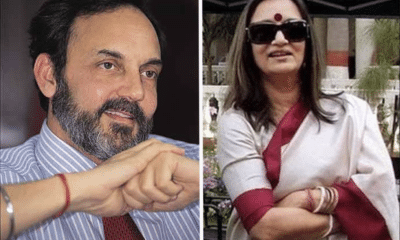It is Rahul Gandhi Vs Narendra Modi, but Parliament is back
In the bustling arena of India’s Parliament, verbal duels between political giants are not just commonplace but expected. The recent speeches by Leader of Opposition (LoP) Rahul Gandhi and Prime Minister Narendra Modi during the motion of thanks to the president’s address exemplified this spirited exchange through their parliament speech, highlighting stark differences in political ideologies and visions for the nation.
Prime Minister Narendra Modi, known for his reliance on, at times, tasteless humour and chest-beating, delivered a speech that blended personal anecdotes with political rhetoric. This style has become characteristic of his leadership. He took jabs at Rahul Gandhi, leader of the Opposition, dismissing his criticism as naive and highlighting his party’s dwindling electoral fortunes. Modi reiterated his government’s commitment to rooting out corruption, driving development, and ensuring justice without compromise—an agenda that has defined his tenure now spanning three terms.
However, what stood out in Modi’s address was his conspicuous avoidance of directly addressing Rahul Gandhi’s broader allegations against his government. Instead, Modi focused on attacking the Congress and reinforcing his party’s narrative, which resonates deeply with his support base but often sidesteps deeper critiques.
In contrast, Rahul Gandhi’s speech was marked by a combative tone. He directly targeted Modi’s administration on issues ranging from regional failures in Manipur to controversial policies like the Agniveer scheme. He accused the government of fostering division, instilling fear among citizens, and exploiting religious sentiments—a charge that triggered predictable counterattacks from the ruling BJP, which accused Gandhi of religious insensitivity.
What distinguished Rahul Gandhi’s discourse was not just his criticism but the articulation of a moral vision for India—a call for freedom from fear that he argued is essential for nurturing a robust democracy. His appeal for a citizenry unafraid to hold leaders accountable resonated with a significant segment of the electorate disillusioned with what they perceive as diminishing institutional integrity under Modi’s tenure.
Analyzing the speeches through a quantitative lens reveals telling insights. According to an analysis by The Quint, Narendra Modi’s speech, spanning over two hours, focused heavily on attacking the Congress, mentioning the party 62 times, emphasizing constitutional values 12 times, and invoking Hindu identity and development themes repeatedly. In contrast, Rahul Gandhi’s speech, though shorter at one hour and forty minutes, targeted the NDA government with specific references: Manipur (11 times), NEET (11 times), farmers (22 times), and issues like Agniveer and Ayodhya, underscoring his strategic focus on key electoral and policy concerns.
The dynamics in the 18th Lok Sabha reflect a notable shift from previous sessions. With a stronger opposition presence, spirited exchanges are inevitable. Both sides, however, must tread carefully to ensure these debates adhere to the established decorum of the House. Despite its fiery nature, civilised discourse is crucial for enriching democratic dialogue and fostering a culture of accountability.
In essence, while the speeches of Modi and Gandhi underscored their ideological contrasts and political strategies, they also underscored the critical role of robust parliamentary debate in shaping India’s democratic fabric. As the nation navigates complex challenges and aspirations, these exchanges serve as barometers of political accountability and the vibrancy of democratic discourse.
Disclaimer: The views and opinions expressed in this article are those of the authors and do not necessarily reflect the official policy or position of the publication




